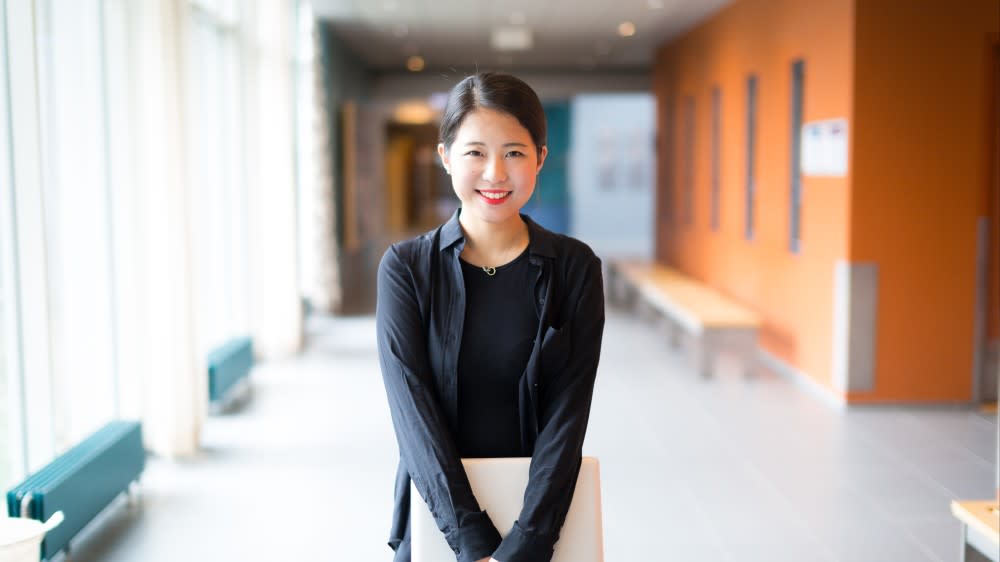Working with an education counselor gives you a strong advantage when applying to universities in the US.
The three main reasons to work with a counselor are:
They are experts in the US higher education system
They are trained in the college application process
They will keep you organized and on track
Study abroad counseling professionals have worked with large numbers of international students, successfully placing them into overseas programs. They will walk you through the full process—like this college application checklist—can help you apply for an F-1 student visa, meet application deadlines, and help with decision-making when you have to choose between multiple university offers.
Read our tips for working with a foreign study counseling professional.
1. Discuss Your Goals—and Your Dreams
Your education counselor can only help you if they know what you want out of your educational experience. Write down your goals, program preferences, and campus life questions, and express yourself clearly when meeting with your counselor. Even if your concern is something like weather or living (or not living) in a big city, let your counselor know.
2. Give Your Counselor Enough Time to Answer Your Questions
Study abroad counseling professionals get busier as their students’ college application deadlines approach. Do your best to get all your questions—and paperwork—in as early as possible and be patient if a question arises at the last minute.
3. Tell Your Education Advisor When Something Changes
When working with an education counselor, you need to keep in communication and tell them when something changes. Whether it’s your educational goals, degree preferences, English test scores, visa status, or mailing address, contact your counselor right away and update them.
4. Take Advantage of Your Counselor’s Experience
Your advisor is a trained expert in counseling for foreign education and the US higher education system. Trust that they are using that knowledge to get you into the best school possible for your goals and achievement level. Don’t dismiss a suggestion without giving it real thought: remember, your education advisor works for you and wants to see you happy and successful.
5. Trust Yourself
Studying abroad is a big decision. However, when you are working with an education counselor and listening to their recommendations, you need to feel confident in your choices and trust your instincts. Only you know the best major or campus environment for you.
6. Think Outside of the Classroom, Too
Studying in a large city—at the University of Illinois Chicago, for instance—is a lot different than attending school in a quaint small town or rural area. Campus life will play a large role in your experience, so make sure you find the best environment for you. Your education counselor can help you consider other factors like internship opportunities, weather, and city size.
7. Submit Your Paperwork on Time
Successfully filling out your application does not mean that your application process is complete. Do not wait until the deadline to submit your paperwork—remember your education counselor will be busy with other last-minute requests. This goes for your I-20 paperwork and F-1 visa as well as university applications.
8. Discuss Your Visa Interview Strategy
After you apply for your F-1 student visa, you will be interviewed at a US consulate or embassy. You might feel nervous, but your education counselor can help you prepare for your visa interview. Schedule your appointment early and practice to build your confidence.
9. Think About Life After College, Too
Ask about career development programs at your university and how you can get an internship. You should ask your overseas education counselor about the university’s alumni and support network, too. After all, a job offer and successful transition into the workforce is what university is all about.
Speak with a Shorelight advisor today to start planning your next steps toward studying in the US >

